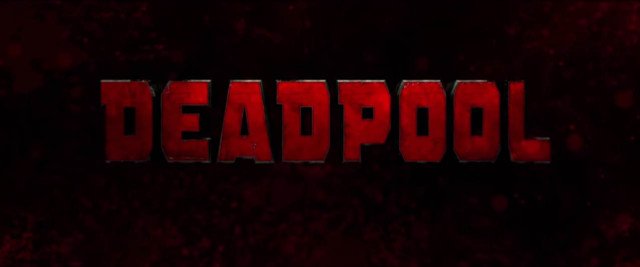Listen to this article
Imagine this. Twenty years ago. Almost to the day: May 16. A deal between small production companies and Marvel Entertainment to co-produce a bunch of films based on their characters, including everyone’s favorite Merc-With-A-Mouth: Deadpool.
This is two years before Tobey Maguire would hit our screens in the first of Sam Raimi’s Spider-Man. Eight years before Disney launches the much-loved Marvel Cinematic Universe with Iron Man. And 16 years before anyone would ever lay eyes on, a faithful adaptation of, Deadpool displayed on a cinema screen. The less said about the 2009 incarnation in X-men Origins: Wolverine the better.

(Credit: 20th Century Fox)
It is difficult to imagine a world where Deadpool doesn’t come out amongst a torrent of superhero films/films based on comic books. His fourth-wall breaking satirical jokes require a base knowledge of the history and inner workings of comic book movies. Arguably the film benefited from going through development hell.
From Development Hell to Box Office Success: The Rise of Deadpool
A Roll Of The Dice For Production Companies
A Deadpool movie was a gamble for production companies 20 years ago. At the time he was a relatively unknown character. In the new millennium a more pervasive internet helped to build a cult following of the character. Humorous panels ripped straight from comic books featuring him would be shared. I’d argue it was even a risky prospect for production companies in 2016 when we finally did get the movie. No superhero fan worth their salt could argue the film shouldn’t be R-rated. That reduces the potential audience by at least a quarter. While his cachet had increased over the years he was still not a marquee character.

(Credit: 20th Century Fox)
This all contributes to the overall explanation of why Deadpool went through such a torrid time in production. Screenwriters were hired for an accurate adaptation of Deadpool in 2010 after the negative backlash from the aforementioned portrayal. A year later the film acquired a director in Tim Miller. At this point the film was still floundering in development hell. Like that supposed Gambit movie starring Channing Tatum. This small team of writers, director, star and crew cobbled together some test footage to be shown at Comic Con Hall H. This was subsequently “leaked” and, after an overwhelmingly positive response from people, Fox finally gave a green light to an R-rated Deadpool movie.
Deadpool’s Journey To Becoming The Highest-Grossing R-Rated Movie Of All Time
Deadpool, of course flourished; it received the highest grossing weekend for an R-rated movie in America, clocking in at $132.4 million. It went on to make $783 million worldwide making it the highest-grossing R-rated movie of all time. This success obviously shows a risk worth taking for production companies. It is a success which comes from a unique marketing strategy which leaned heavily on Deadpool’s sending up of the superhero genre and commitment to the fourth-wall breaking, satire. Ryan Reynolds embodied the role for practically a year in the run up to the film.

(Credit: 20th Century Fox)
Here we are 20 years later and Deadpool could spend another 15 years in development hell. Ryan Reynolds has confirmed a third instalment is in the works at Marvel Studios, but with Disney’s child friendly image to uphold. Confidence in this third film ever making it to movie screens is low.
The Significance Of Deadpool’s Success: Breaking Barriers In The Superhero Film Genre
The foul-mouthed anti-hero known for his quick wit and love of breaking the fourth wall, has made a significant impact on the superhero film genre. Not only did he break box office records as the highest-grossing R-rated movie of all time, but he also challenged the conventional mold of a superhero film.
Gone are the days where comic book adaptations were restricted to family-friendly, PG-13 rated movies. Deadpool’s success has proven that audiences are willing to embrace a more mature and humorous approach to superhero films. The film’s unique marketing strategy, which leaned heavily on Deadpool’s sending up of the superhero genre and commitment to satire, attracted a new type of audience to the superhero film genre.
Ryan Reynolds’ portrayal of the Merc with a Mouth brought a fresh and unconventional take on the superhero character, which resonated with audiences worldwide. By embracing the character’s comic book roots and incorporating the fourth-wall breaking humor, Reynolds truly embodied the role of Deadpool.
The film’s success not only marked a turning point in the superhero film genre, but also showed that taking risks in Hollywood can pay off. The film’s journey from development hell to box office success serves as an inspiration to other production companies to take chances on unconventional projects.
So, here’s to Deadpool and his impact on the superhero film genre. May he continue to break down barriers and set new standards in the industry.
Future Satirists
Could you be one of the world’s future satirists. Team up with Bolt Video to get your production underway.
Check out more from our Important Satirical Films series:






